Troubleshooting your Hearing Aids
Cleaning and Troubleshooting your Hearing Aids Has your hearing aid ever just stopped working? Or maybe the sound becomes distorted or softer? These are common issues many hearing aid wearers face. But what happens if you can't get into the clinic? If something goes wrong here are 4 troubleshooting steps to check your hearing aids. Check the battery May you need a new one or got a dud (this does happen from time to time) Check that it’s not in upside down; there is a positive and negative side to hearing aid batteries too! For rechargeable batteries - make sure you charge them each night. When in doubt put them on the charger for 20 minutes and check again. Look for wax or dirt build-up around the microphones, domes, and wax guards (under the dome)… when these get clogged the sound can’t pass through into your ear. For more information on how to change the wax guards, you can check out our video here. If they may have been exposed to moisture (i.e. accidentally went in the shower, rain, sweat on hot days, etc.) leave the batteries IN and place them in a dry aid kit. If you don’t have one, a bit of rice will work in a pinch. Here is more detail on what to do if they got wet. If they still aren’t working well or at all, give us a call. During Covid-19 we are still in the office for emergencies like hearing aids not working! ...
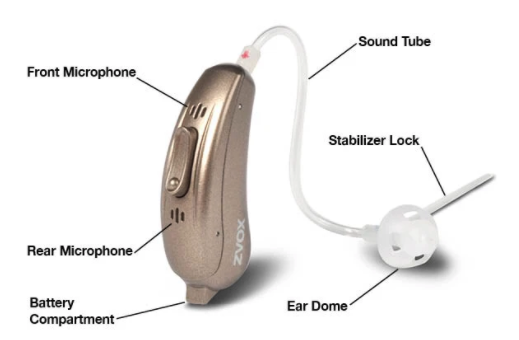
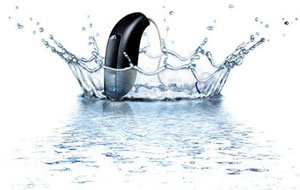

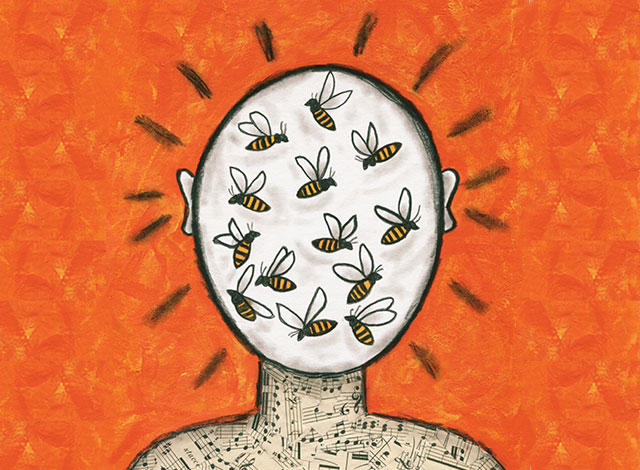

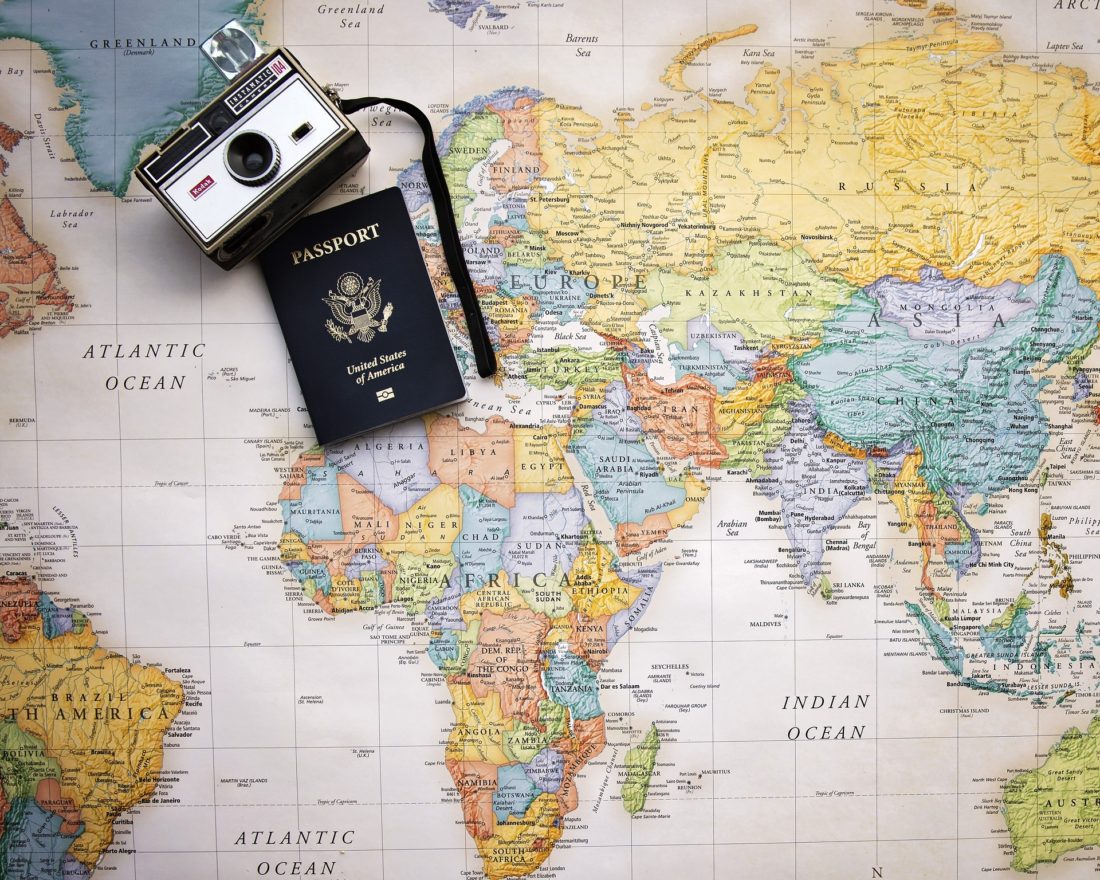
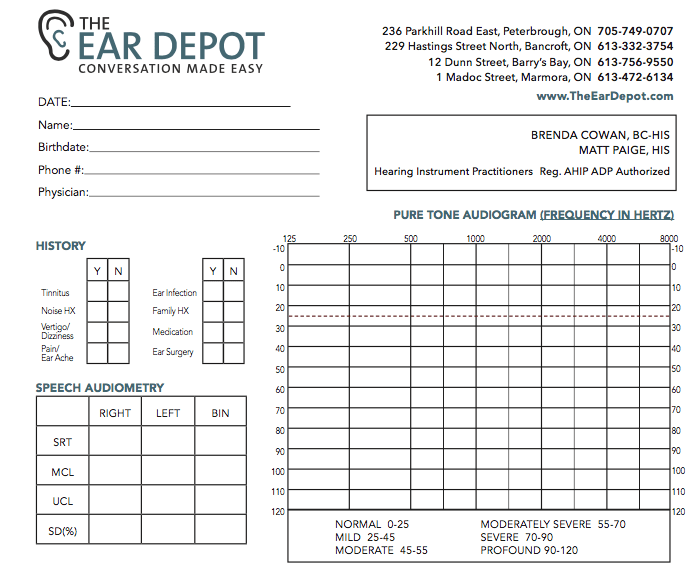


Recent Comments